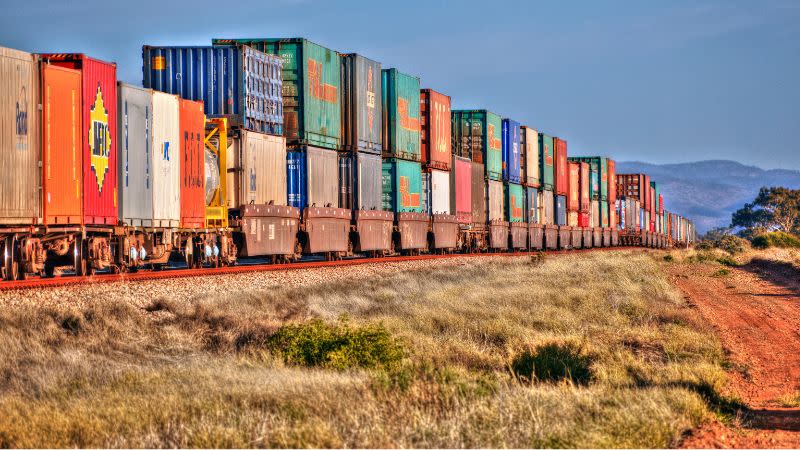Resources
Newsletter
Stay up to date and with the latest news, projects, deals and features.
Subscribe
The Inland Rail section that comes to the Victoria-New South Wales border is getting under way.
The NSW Department of Planning, Housing and Infrastructure has greenlit the 185km Albury-to-Illabo section of the infrastructure megaproject.
An Environmental Impact Statement (EIS) and a Preferred Infrastructure Report were submitted by Inland Rail as part of its application, the latter to address issues raised by the community.
Inland Rail said it had undertaken more than four years of environmental assessment and consultation with landowners, councils and others in the community.
There were 180 submissions during the exhibition period.
The department said it had granted approval because the project would not only improve intercity, interstate and intracity general and freight transport but also because it would improve freight efficiency, last-mile logistics, travel times, network capacity and freight access.
Creating transport and economic development opportunities in regional NSW was also a key reason for approval as was its endorsement by the state, and its inclusion in various strategies and priority lists.
Contractor Martinus Rail was appointed in 2023 to start design and preliminary works.
There is an existing rail line between Albury and Illabo—the Inland Rail project will modify and upgrade that line to accommodate double-stacked container freight trains.

That work will not only upgrade the tracks but also footbridges, road bridges, overhead structures, signal structures and level crossings.
Martinus Rail is due to start work on the project next year and completion is expected by the end of 2027.
Inland Rail has so far spent more than $$7.4 million on the Albury-Illabo project and created jobs for 434 people, it said.
“Inland Rail will support the shift of more goods on to rail, meaning faster, more reliable freight; safer, less congested roads; and fewer emissions,” Inland Rail delivery director, Albury to Parkes, James Kennedy said.
“Construction of Inland Rail will provide an economic stimulus for the Riverina.
“We have been active in the region supporting local businesses to prepare for this critical infrastructure project, as we begin major construction in 2025.”
Contractors have been signed for other legs of the national freight rail project, in Victoria and Queensland.